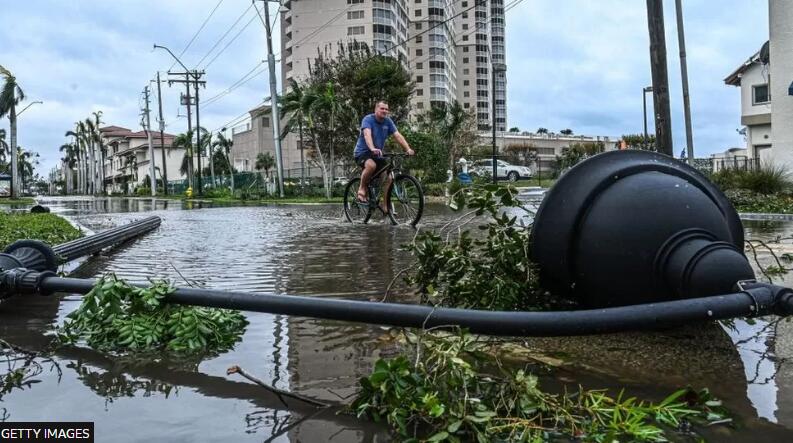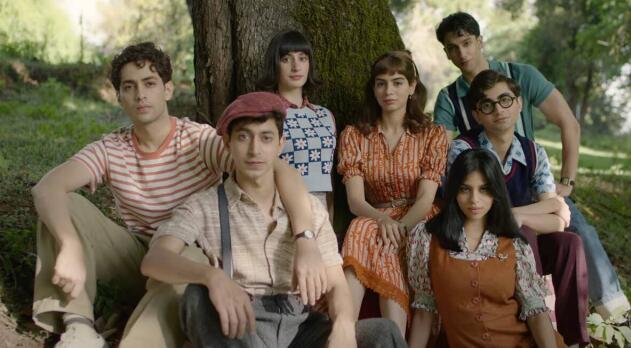King Charles has met survivors of the car and knife attack on a Manchester synagogue in which two people were killed.
The monarch expressed his “sadness” following the “terrible” incident as he met synagogue leaders and members of the Jewish community, including three people who were injured in the attack.
The King also met members of the emergency services at Greater Manchester Police’s headquarters and thanked each group for their “fantastic response”.
Jihad Al-Shamie, 35, carried out the attack at the city’s Heaton Park synagogue on 2 October.
Despite the rain, about 150 well-wishers lined a nearby street outside the synagogue on Monday, hoping for a glimpse of the monarch.
The King, who wore a traditional kippah, displayed by Jews as a sign of Jewish identity, met all three people who survived the attack, in which Melvin Cravitz and Adrian Daulby were killed.
Andrew Franks, the volunteer security guard who was recently discharged from hospital, had returned to the synagogue for the first time.
Yoni Finlay, who was mistakenly shot by police, was also in attendance, and told the BBC he was “physically doing very well”.
On meeting the King, Mr Finlay said: “It was quite an honour. Quite surreal but quite an honour.
“I think it really sends out a message. It shows a lot of support from the very top of the country. It was very special that he came. It was an honour to meet him.
“Three weeks ago I saw the worst of humanity, but since then you do absolutely see the best, and there’s a lot of good people out there.”
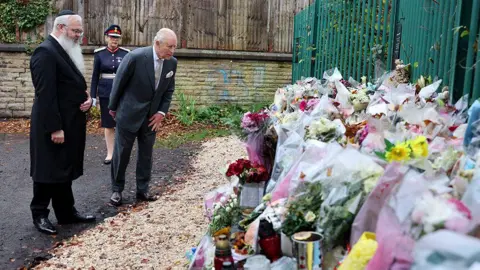 PA Media
PA Media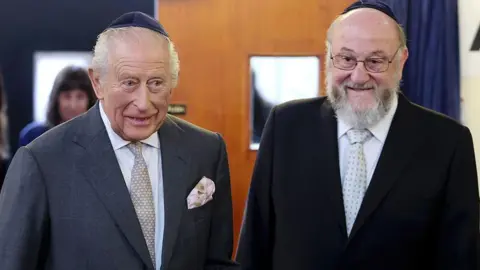 PA Media
PA MediaBernard Agyemang, the professional security guard who was seriously injured when Al-Shamie drove his car into him, was brought in and out of the synagogue in a wheelchair.
Charles was introduced to a group of senior figures from the synagogue who helped stop the attack on the holiest day in the Jewish calendar by Rabbi Daniel Walker.
“I can’t tell you how sad I am,” the King told the group, which included the synagogue’s chairman Alan Levy, who helped to barricade the door, and its president Hilary Foxler.
Later, when he met other members of the congregation, the King commented on what he described as a “terrible thing to come out of the blue”.
After the visit, a Buckingham Palace spokesperson said the King wanted to focus on “duty and service” in his mission “to bring communities together particularly in times of challenge” and hoped people will not be distracted by “other matters”.
It was understood to be a reference to his brother Prince Andrew, who is facing fresh allegations from Virginia Giuffre, whose memoir is posthumously published this week.
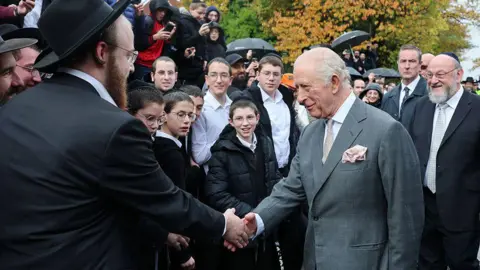 PA Media
PA Media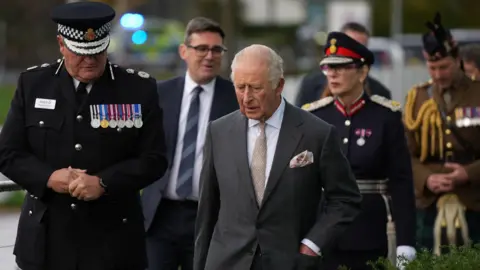 PA Media
PA MediaThe synagogue reopened last week for the first time since the targeted attack to celebrate the festivals of Shemini Atzeret and Simchat Torah.
Alan Rubins, from Whitefield, said he “dropped everything” when he heard about the King’s visit.
“I wanted to pay my respects the way the King is paying his respects to the Manchester Jewish community,” he said.
He said he thought it was fantastic” when the King crossed the road to engage in a “big huddle with the community”.
Gloria Levene added his visit was “a very big boost” for the Jewish community.
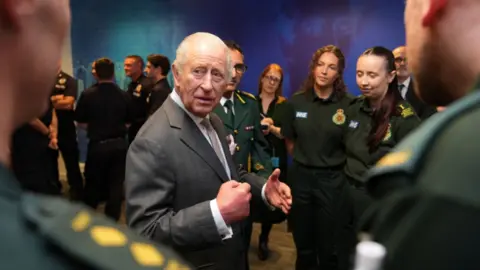 PA Media
PA MediaSupt Kirsten Buggy said it was “such a privilege” to meet the King during his visit to see emergency responders.
“It has been a tough few weeks and meeting the King and listening to him take a real interest in the role we all performed, it was hugely uplifting from a morale point of view,” she said.
Chief Constable Sir Stephen Watson said: “We were grateful for his support and appreciation of the tireless work the emergency services have undertaken in recent weeks.
“It is a privilege he could witness firsthand the resilience, bravery, and strength that the people of Greater Manchester possess in the most difficult of times.”
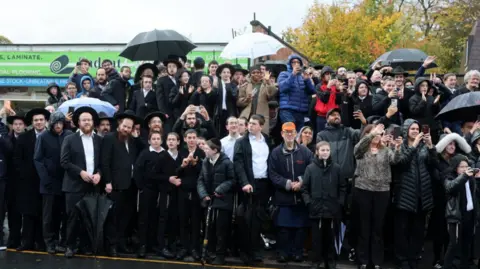 Reuters
Reuters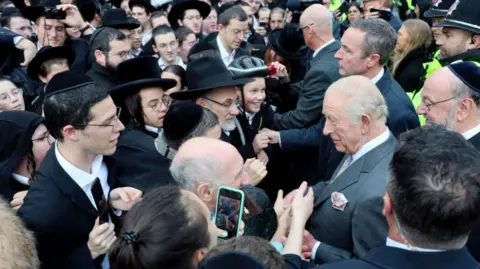 Reuters
Reuters